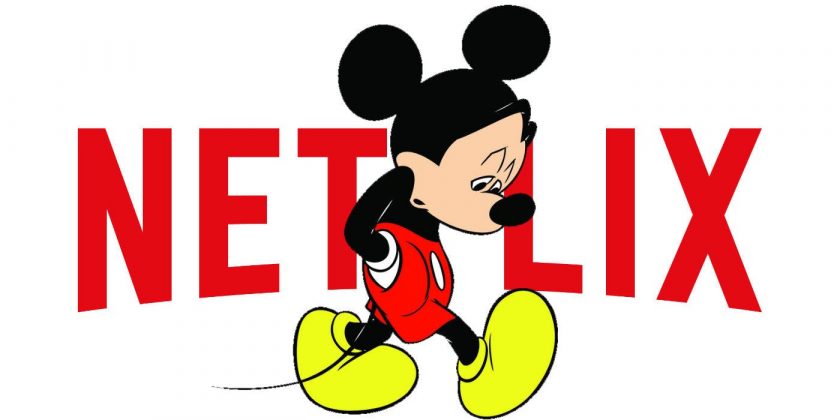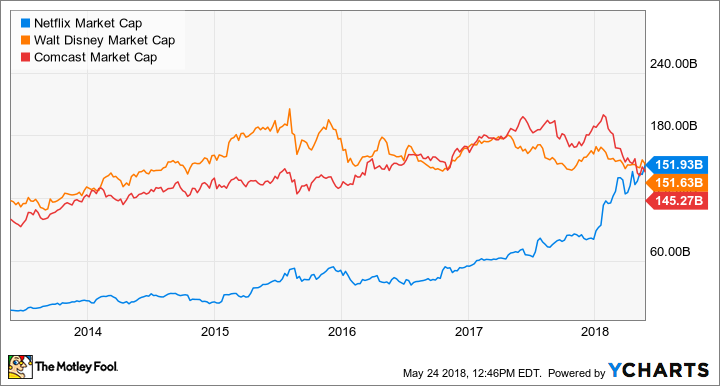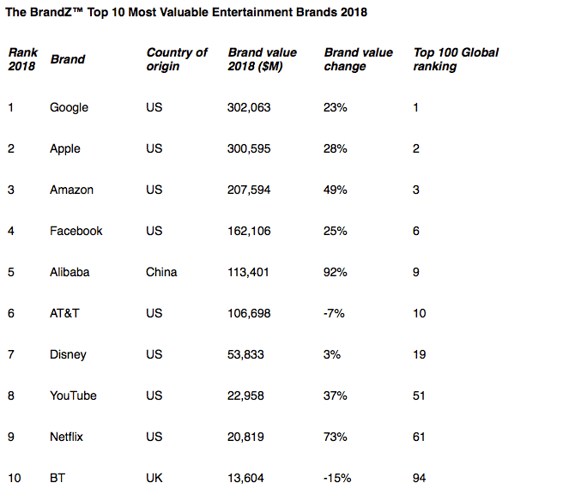Without a doubt, SVoD and OTT content and its widespread consumer adoption have caused a notable level of disruption in the world of entertainment - particularly within the last five years.
As more people wise up to the value, freedom, and flexibility of online viewing and services, international media leaders are beginning to feel the strain - meaning a significant shift in approach is required to ensure survival.
Consider this: recently, Netflix’s market value rose to around $150 billion - and it's now officially worth more than Comcast and Disney.
Comcast is the USA's biggest cable provider, but as more people begin to cut the cord on traditional viewing mediums, it has been losing viewers, fast. Meanwhile, Netflix has added more than seven million new subscribers in the first quarter of 2018, alone.
Currently, Comcast has launched a $22 billion bid for Sky, in the hope that European broadcaster’s content will expand its scope overseas. Moreover, Disney is looking to buy 21st Century Fox's assets for similar reasons.
Let's look at the brand value. Pure-OTT leaders like Netflix have grown 73% in brand value from 2017 to $20.8 billion, according to Brand Z – Kantar brand equity platform.
What these insights tell us is that:
- SVoD content is incredibly valuable in today’s hyper-connected digital world, and it continues to go from strength to strength.
- Today’s traditional media giants need to focus their efforts on migrating online, providing existing and potential audiences, with fresh value, relevant to their needs and preferences.
In this age of digital disruption, big media giants are fighting for their space in the new online-driven ecosystem. And to stake their claim, speed is the key.
The landscape is heating up and as more broadcasters begin to understand the necessity of competing with the likes of Netflix on their own playing field, it will be the those that do it well, first, that stand a chance of thriving tomorrow.
According to IHS’s Connected Devices and Media Consumption Intelligence Service research, Netflix had the strongest crossover with pay TV across markets surveyed in Q1 2018.
“Pay TV operators are responding to the growth in online video by expanding distribution of their multiscreen services across devices and bringing third-party apps onto their own set-top boxes,” says Fateha Begum, associate director for connected devices and media consumption at IHS Markit.
One thing’s for sure - it’s going to be an exciting race to the top.






